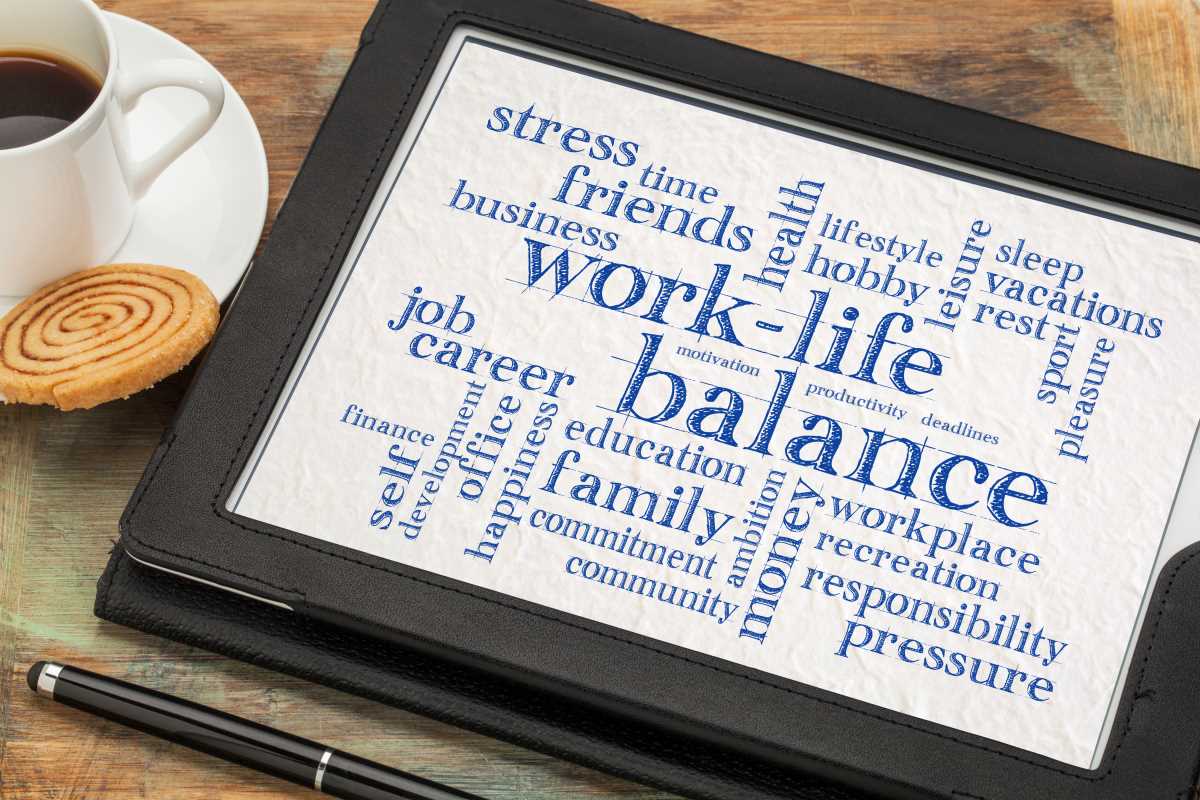Learning doesn’t stop after school. It’s a lifelong journey, whether it’s gaining new skills, staying sharp at work, or diving into a fascinating subject. In today’s fast-paced world, continuous learning is more important than ever. But real growth means going beyond memorizing facts. Thinking critically allows us to analyze, evaluate, and apply new information to real-life situations. It’s not just about knowing; it’s about understanding. We’ll explore why a thoughtful approach to learning is essential for personal and professional growth. You’ll discover practical examples, tips to strengthen your judgment, and strategies to make reflection a key part of your learning process. No matter your age or stage, meaningful learning can transform how you grow and thrive.
Why a Thoughtful Approach is Essential in Lifelong Learning
Thinking critically is all about questioning what you learn, connecting new information to what you already know, and using it to solve problems or make decisions. This approach ensures your learning has real depth and impact.
Make Better Decisions
Modern life is full of tough choices, but being thoughtful about them can make the process smoother. Breaking issues into manageable pieces, assessing what you know, and weighing different perspectives leads to more confident decision-making. For example, suppose you want to pick up a new ability for your career. Instead of rushing into a trendy online course, you take the time to see if it aligns with your goals, check the source’s credibility, and think through the effort involved.
Adapt to New Challenges
Jobs and industries evolve rapidly now. Curious, flexible thinkers adapt best. You can assess new ideas, question if they’re practical, and decide how (or if) to adopt them. Maybe you’re learning a new tool at work or facing environmental issues in your community. A thoughtful approach lets you face what’s new with confidence.
Filter Reliable Information
Each day brings a flood of information through headlines, posts, and articles. Separating solid facts from less trustworthy sources takes thoughtful evaluation. Asking things like, “What backs up this claim?” or “Does this writer know their topic?” helps you spot reliable content, especially in self-guided education and digital resources with varying quality.
How Thinking Critically Shapes Personal Growth
Continuing to learn is about much more than picking up a job skill. It also supports personal development, stronger relationships, and improved mental well-being. Being reflective and discerning makes this growth more intentional.
Strengthen Emotional Resilience
Being thoughtful about what you feel can help you respond calmly. During stressful moments, instead of reacting immediately, you pause and consider: “Are my feelings based on facts or assumptions?” Over time, this habit builds emotional balance and helps you handle challenges with poise.
Enhance Creativity
Exploring alternatives naturally leads to fresh ideas. Rather than sticking with old routines, thoughtful learners experiment and try new approaches. Cooking a dish for the first time might mean tweaking ingredients, trying different techniques, or adding your own twist.
Build Meaningful Relationships
Clear, respectful communication forms the foundation of any connection. By recognizing differences, asking good questions, and really listening, you show genuine empathy. Bringing a thoughtful attitude to a disagreement, for example, can lead to deeper understanding instead of bigger conflicts.
How a Thoughtful Mindset Powers Professional Success
In the workplace, learning doesn’t stop once you know the basics. But technical know-how alone isn’t enough; using judgment and analysis is key to getting results.
Solve Complex Problems
Real workplace challenges rarely have simple instructions. Maybe you’re streamlining a team project or reworking a process. Looking at the root causes, mapping out solutions, and testing your ideas helps you make a bigger impact at work and saves time.
Communicate Ideas Clearly
People who take time to organize their thoughts and use solid evidence tend to persuade others more effectively. Outlining the logic behind an idea, explaining how it aligns with goals, and addressing possible risks shows that your suggestions are intentional and not just guesswork.
Foster Continuous Improvement
Avoiding routine for routine’s sake and routinely asking “How can this be better?” keeps you moving forward. For instance, a marketer who reflects on each campaign, analyzing what worked and what didn’t, discovers new ways to improve.
Tips for Becoming a More Thoughtful Learner
Developing a strong, reflective mindset is an ongoing practice that becomes second nature with time. Try these practical habits to keep improving.
Ask Open-Ended Questions
Stay curious. Don’t settle for surface answers. Instead, dig deeper with questions like, “Why does this work?” or “What makes this important?” You’ll find richer insights and learn more in the process.
Practice Reflection
After each learning experience, pause to consider, “What was the biggest takeaway? How can I use this in real life?” Reflection cements knowledge and sharpens your outlook.
Use Helpful Frameworks
Tools like SWOT (strengths, weaknesses, opportunities, threats) or the 5 Whys method help you organize your thinking. Suppose productivity feels low. Repeatedly asking “Why?” can uncover overlooked obstacles and point to better solutions.
Engage in Conversations
Discussing your ideas either formally or casually broadens your views and helps you express yourself more clearly. Debating issues in a friendly way also reveals gaps or strengths in your thinking and makes you more adaptable in future conversations.
Learn from Mistakes
Every setback can spark growth. After something doesn’t go as planned, ask yourself what happened and what could change next time. For example, a DIY project that falls short often offers more growth than one that goes perfectly.
Thoughtful Approaches in Action
Applying judgment in real scenarios shows its real value. Take a business owner wanting to attract more customers. Instead of spending money right away, they examine options. They can update a website, target the right audience, or use social media strategically. This approach makes the best use of resources and delivers better results.
Personal examples abound too. Picking up a new language goes beyond memorizing words. Understanding the culture, noticing grammar patterns, and practicing conversations are all part of real growth.
Building better thinking habits takes effort, but the results are clear. Your decisions improve, creativity flourishes, and your learning becomes truly meaningful. Start today by adopting simple routines: ask more questions, reflect often, and connect with different viewpoints. Let this thoughtful approach guide you toward a happier, healthier, and more capable version of yourself at every stage of life.
 (Image via
(Image via





